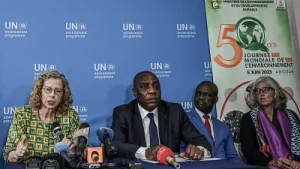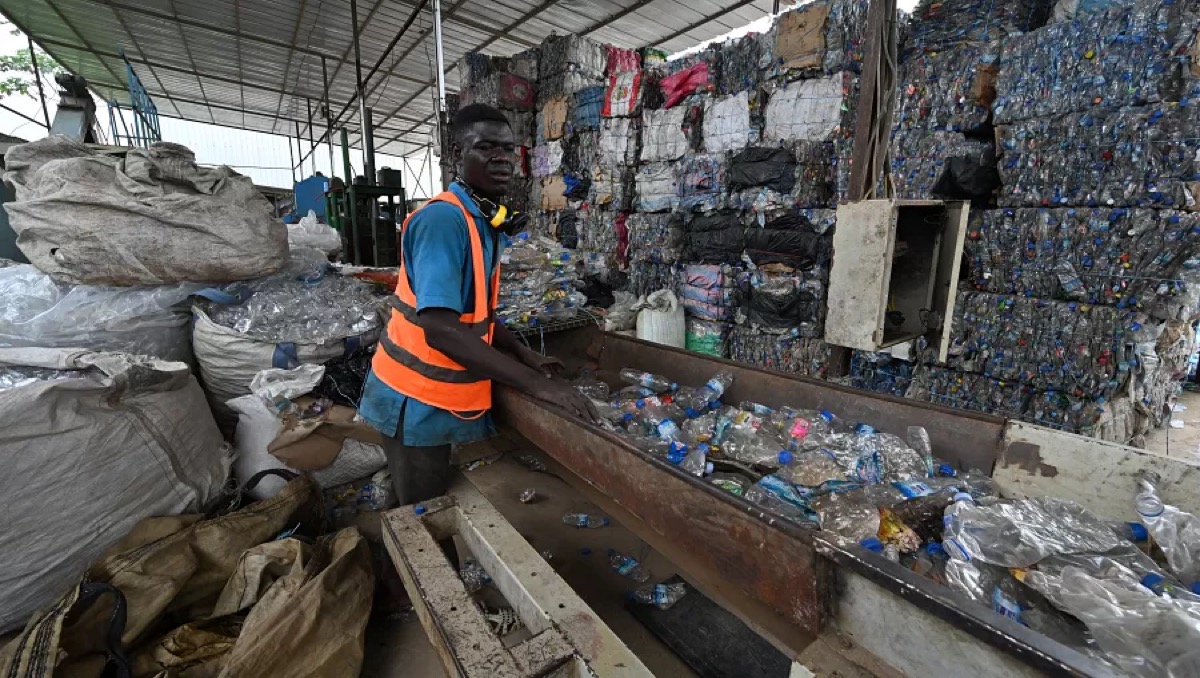Côte d’Ivoire took a significant step in the fight against plastic pollution by unveiling a new environmental code on the 50th World Environment Day, which was celebrated on Monday, June 5.
The country’s environment minister made the announcement during a press conference in Abidjan, accompanied by the Director of the UN Environment Program.
The upcoming implementation of the environmental code aims to address the issue of plastic pollution by holding importers of plastic products accountable for the end-of-life management of these products.

Detailed modalities of the law will be outlined in subsequent decrees that will regulate the waste sector, including plastic waste, according to Jean-Luc Assi, the Ivorian environment minister.
Côte d’Ivoire’s economic capital, Abidjan, generates a staggering 288 tonnes of waste each day, highlighting the urgent need for effective measures to combat the plastic pollution crisis.
Also, read; Sexual Abuse Scandal: Koranic Teacher Apprehended for Alleged Rape of 27 Schoolgirls in Senegal
While the country had previously banned the production, sale, and ownership of plastic bags in 2013, the enforcement of this law has been lacking. The Ministry of Hydraulics estimates that the country still produces over 200,000 tonnes of plastic bags annually.
Non-governmental organizations (NGOs) emphasize the importance of providing consumers with viable alternatives to plastic bags when implementing bans.
Constané Assiélou, an NGO worker, stressed the need for introducing new alternatives that would enable people accustomed to using plastic bags to transition to more sustainable options.
As this year’s host country for World Environment Day, Côte d’Ivoire focused on the theme of Beat Plastic Pollution.
The country’s commitment to tackling the issue is particularly crucial considering the alarming rise in global plastic production, which has more than doubled in the past two decades to 460 million tonnes, with projections indicating a tripling within 40 years.

In a related development, delegates gathered in Paris last week for the Intergovernmental Negotiating Committee for Plastics, where they agreed to craft an initial draft for a global treaty aimed at ending plastic pollution.
The treaty will be the first international, legally binding agreement to address plastic pollution on land and at sea. The committee’s next meeting is scheduled for November in Kenya.

